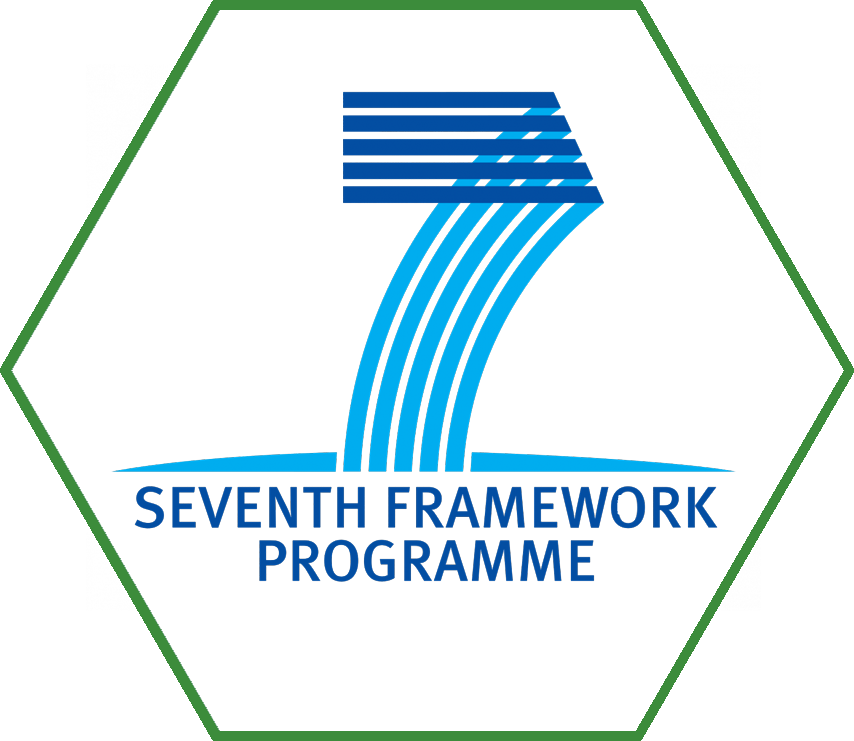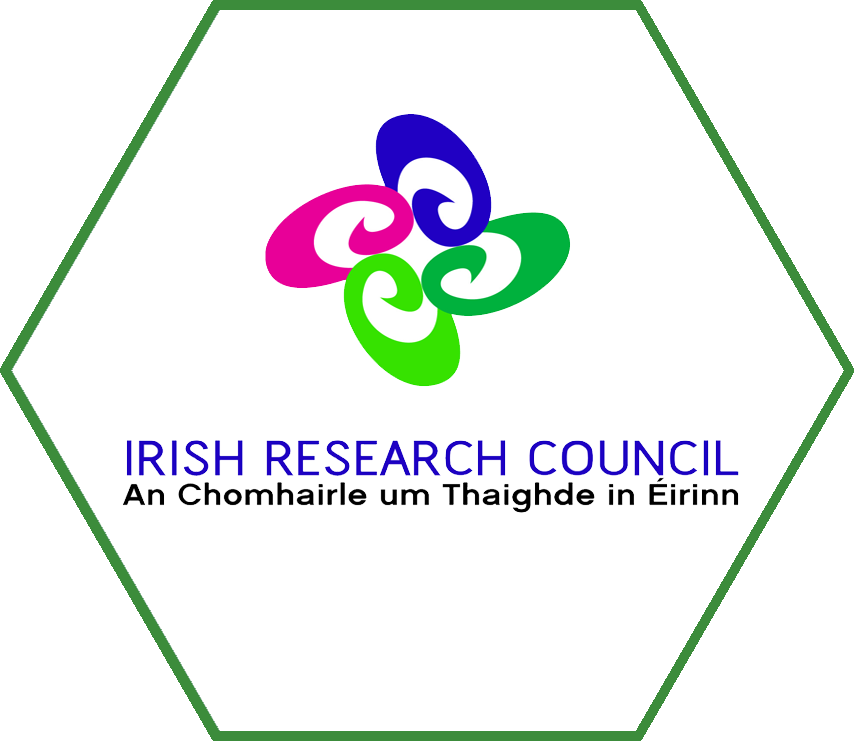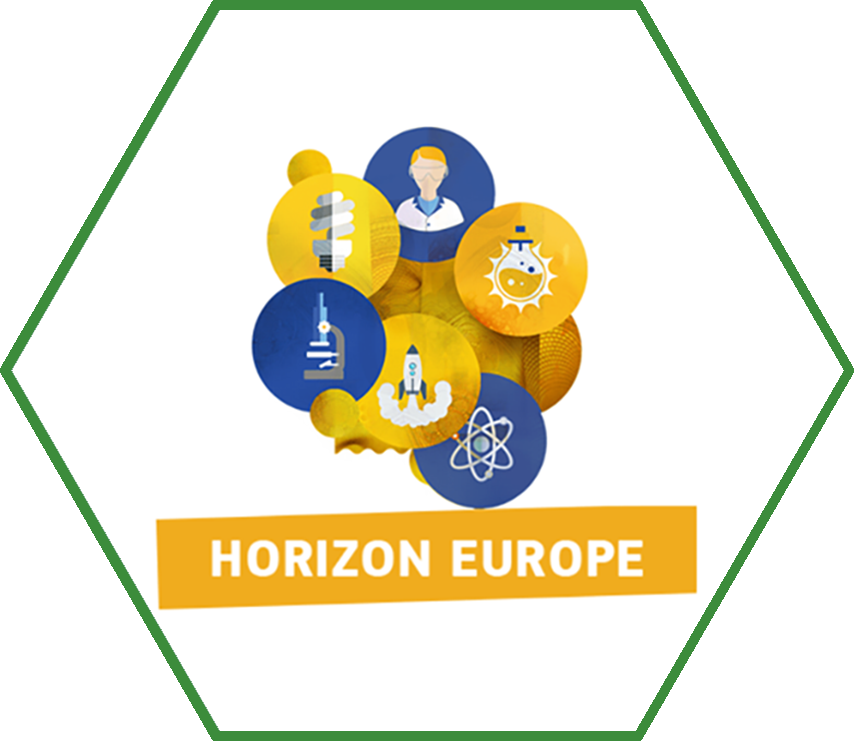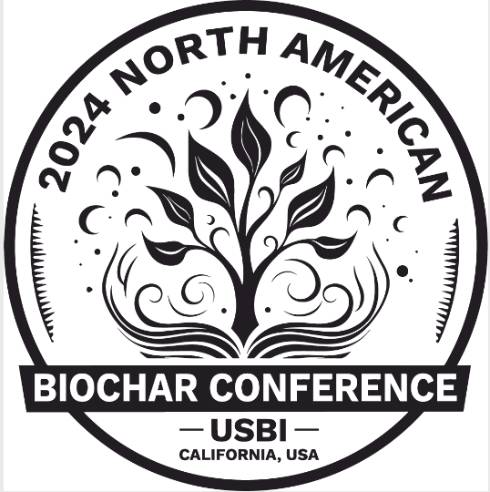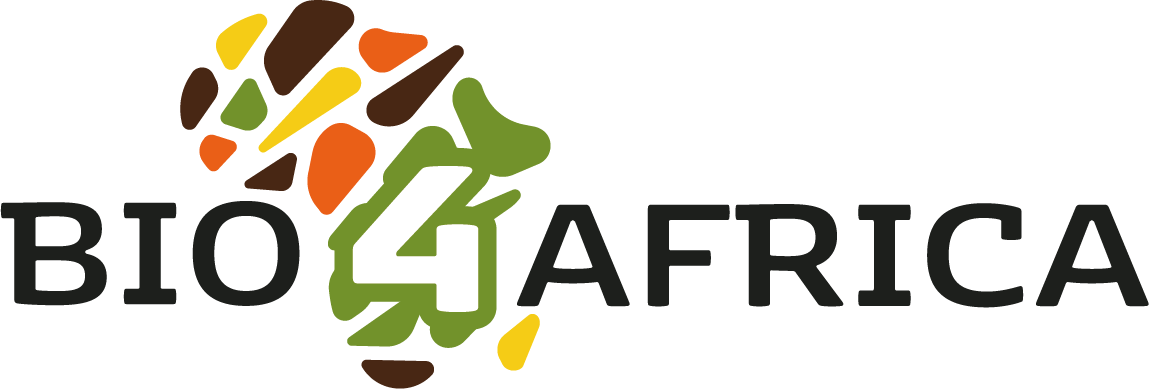
BIO4Africa
BIO4Africa
"Diversifying Revenue in Rural Africa through Circular, Sustainable and Replicable Bio-based Solutions and Business Models"

| Programme | Horizon Europe, CE-SFS-36-2020 |
| Category | Research and Innovation Action (RIA) |
| Status | Active |
| Period | 2021 - 2025 |
| Partners | 25 |
| Budget | €9.00m |
| Links | Website, Cordis, Twitter, LinkedIn, Facebook |
BIO4Africa is a four-year €9m RIA (Research and Innovation Action) project, funded by the EU's
Horizon Europe programme involving 25 partners from the EU and Africa. It focuses on the demonstration of sustainable, circular solutions and business models,
suitable for African countries,
based on the valorisation of a variety of local feedstocks.
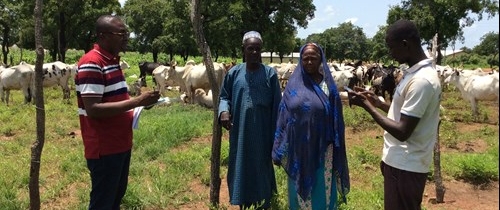
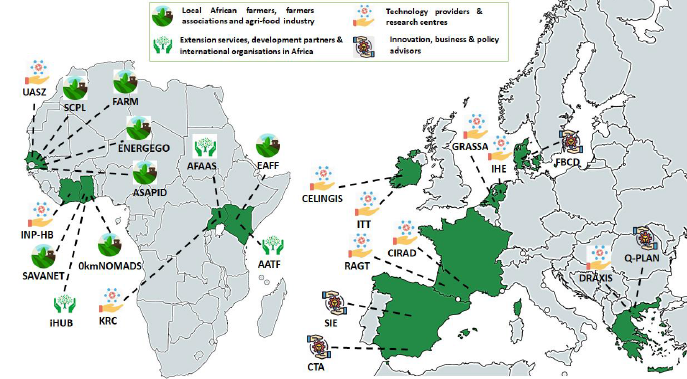
Celignis is an important partner in the project, having a key role early-on with regards to the compositional analysis and evaluation of a wide variety of different local feedstocks. These data will allow decisions
to be made with regards to which feedstocks are suitable for which technologies leading to a subset of feedstocks being selected for processing.
The technologies that will be deployed in the project include: pyrolysis (for the production of biochar); hydrothermal carbonisation; and a green-biorefinery (the GRASSA process, which has previously been demonstrated in Ireland in the Biorefinery Glas project).
The technologies that will be deployed in the project include: pyrolysis (for the production of biochar); hydrothermal carbonisation; and a green-biorefinery (the GRASSA process, which has previously been demonstrated in Ireland in the Biorefinery Glas project).
After the most appropriate feedstocks have been selected for each technology, samples will be sent to the European technology providers where initial tests will
be undertaken in order to understand how these feedstocks behave, allowing for fine-tuning and process modifications to improve process efficiencies for each feedstock.
Following these trials arrangements will be made for the equipment to be shipped to Africa where the technologies will be deployed at a number of locations, processing locally-available biomass.
Celignis will also play an important role in the project at these stages, being responsible for the analysis of the outputs (e.g. biochar, HTC char, press-cake, etc.) of the various technologies. The technologies that will be deployed in the project include: pyrolysis (for the production of biochar); hydrothermal carbonisation; and a green-biorefinery (the GRASSA process, which has previously been demonstrated in Ireland in the Biorefinery Glas project).
Following these trials arrangements will be made for the equipment to be shipped to Africa where the technologies will be deployed at a number of locations, processing locally-available biomass.
Celignis will also play an important role in the project at these stages, being responsible for the analysis of the outputs (e.g. biochar, HTC char, press-cake, etc.) of the various technologies. The technologies that will be deployed in the project include: pyrolysis (for the production of biochar); hydrothermal carbonisation; and a green-biorefinery (the GRASSA process, which has previously been demonstrated in Ireland in the Biorefinery Glas project).
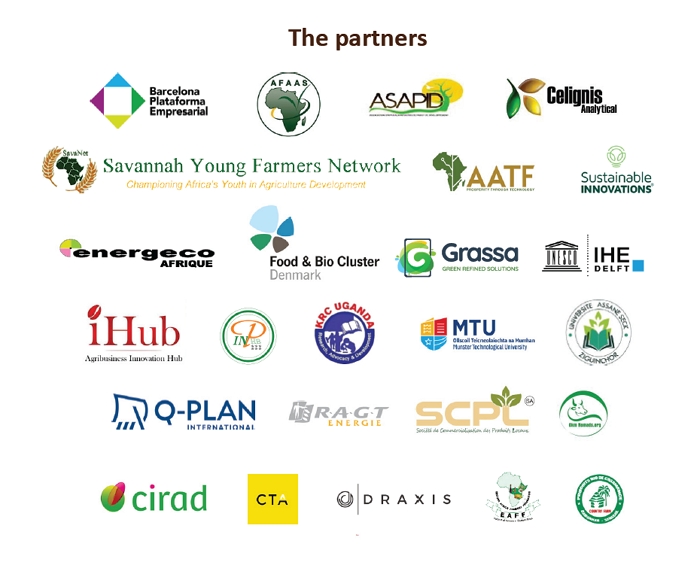
Other Celignis Research Projects Funded by the Horizon Programme
Current Projects
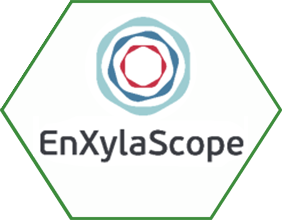
|
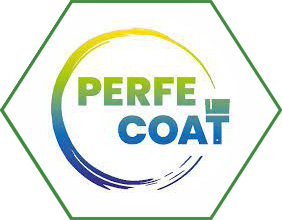
|
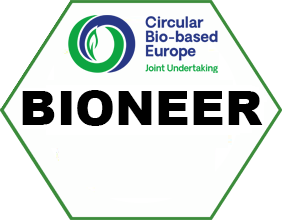
|
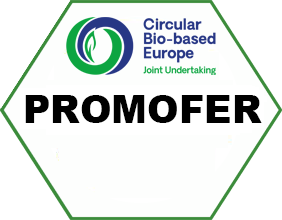
|
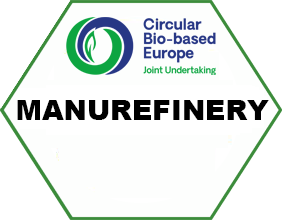
|
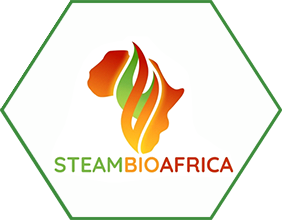
|
| Enxylascope aims at bioprospecting and producing a novel set of xylan debranching enzymes, thereby demonstrating its ability to make xylan a key ingredient in a variety of consumer products. Celignis is playing a key role, being the technical lead and responsible for the extraction and modification of xylan from biomass. Further info...PERFECOAT, a RIA project funded by the BBI JU, targets the development of novel sustainable coatings that will ultimately be available to the public. Celignis is responsible for the extraction and modification of polymers (xylan and chitosan) that will be used as binders in these coatings. Further info...BIONEER, is an Innovation Action project funded by the CBE-JU, under topic HORIZON-JU-CBE-2023-IA-06 (Selective, Sustainable Production Routes Towards Bio-Based Alternatives To Fossil-Based Chemical Building Blocks). This project will start in May 2024 with Celignis, an SME partner and full industry BIC member, playing a leading role in the scaled-up (1 m3) production of platform chemicals. Further info...PROMOFER, is an Innovation Action project funded by the CBE-JU, under topic HORIZON-JU-CBE-2023-IA-03 (Improve Fermentation Processes (Including Downstream Purification) To Final Bio-Based Products). This project will start in June 2024 with Celignis, an SME partner and full industry BIC member, playing a pivotal role in the project. Our core activities include undertaking the pre-treatment and hydrolysis of lignocellulosic biomass at scaled-up (TRL7, 1 m3) volumes. The resulting sugars are then provided to other partners for downstream fermentations. Further info...MANUREFINERY, is an Innovation Action project funded by the CBE-JU, under topic HORIZON-JU-CBE-2023-IA-01 (Small Scale Biorefining In Rural Areas). This project will start in September 2024 with Celignis, an SME partner and full industry BIC member, involved in the analysis of feedstocks and products of the process. We are also contributing towards the technoeconomic analysis (TEA) of the technologies. Further info...This demo project involves innovative superheated steam processing of unwanted bush and invasive biomass into high-value, clean-burning, low-cost solid biofuel. Celignis will analyse feedstocks, and process outputs, and use our QTOF-LC/MS system to profile the steam condensate for high value chemicals. We will then develop a method to recover target constituents. Further info... |
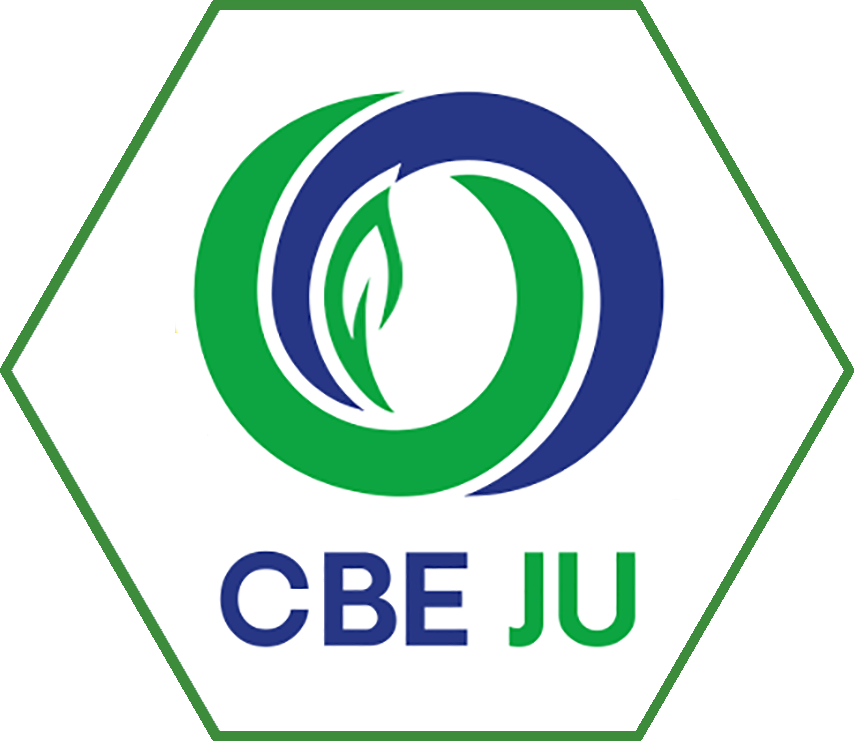
|
|
Completed Projects
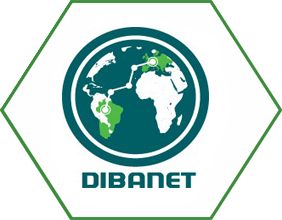
|
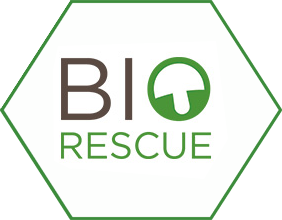
|

|
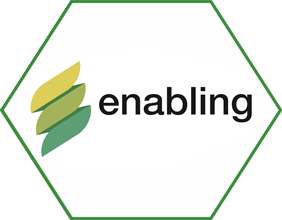
|
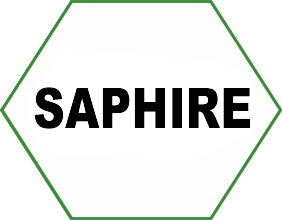
|
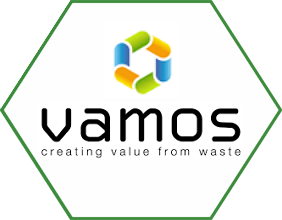
|
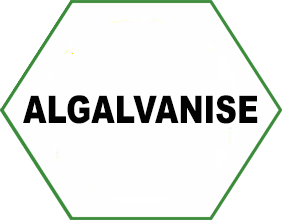
| ||
| DIBANET was an FP7 research project, written and coordinated by Celignis founder Dan Hayes, that concerned the production of second generation biofuels from biomass feedstocks in Europe and Latin America. The advances in the state of the art of biomass analysis made in DIBANET led to the formation of Celignis. Further info...The BIOrescue project was focused on developing technologies to convert spent mushroom compost, a problematic waste of the mushroom industry, to high value products. Within the project Celignis undertook a compositional profiling study of the feedstocks and developed rapid analysis models for these and process outputs. Further info...The UNRAVEL project (UNique Refinery Approach to Valorise European Lignocellulosics) is focused on the optimsiation of a biomass pre-treatment technology. Celignis plays a key role by analysing and evaluating the extractives present in a wide variety of feedstocks and determining how they influence pre-treatment. Further info...The focus of ENABLING was on supporting the spreading of best practices and innovation in the provision of biomass for the Bio-Based Industry (BBI). Celignis played a key role in the project with regards to stressing the importance of biomass composition in terms of evaluating feedstock and technology suitability. Further info...Celignis was the sole partner in SAPHIRE. The project, funded by the European Union's INNOSUP programme, concerned the production of high-value hydrogels from lignocellulosic residues. These are expected to have applications in the cosmetic and pharmaceutical sectors. Further info...VAMOS concerns the construction and operation of a demonstration-scale biorefinery producing lactic acid from the paper fraction of municipal waste. In the project Celignis will develop custom NIR models for the rapid at-line on-site analysis of the feedstock and process outputs. Further info...This was a Marie-Curie Individual Fellowship (MCSA-IF) involving Celignis's Lalitha in which algae were used to recover nutrients from anaerobic digestion (AD) process streams. Further info... |

|
|
Other Celignis Research Projects
Current Projects
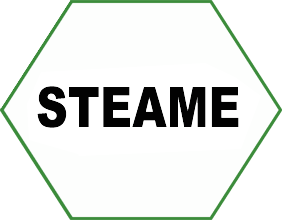
| ||
| Celignis is the sole partner in STEAME, a project funded by the Irish Research Council and focused on the development of technologies to make anaerobic digestion more financially viable in Ireland. Further info... |

|
|
June 1st 2021
BIO4Africa Project Officially Starts
The project focuses on the deployment of several biomass processing technologies in a number of African countries
Today marks the first official day of the BIO4Africa project. It is a four-year €9m RIA (Research and Innovation Action) project, funded by the EU's Horizon Europe programme involving 25 partners from the EU and Africa. It focuses on the demonstration of sustainable, circular solutions and business models, suitable for African countries, based on the valorisation of a variety of local feedstocks.
Celignis is an important partner in the project, having a key role early-on with regards to the compositional analysis and evaluation of a wide variety of different local feedstocks. These data will allow decisions to be made with regards to which feedstocks are suitable for which technologies leading to a subset of feedstocks being selected for processing. The technologies that will be deployed in the project include: pyrolysis (for the production of biochar); hydrothermal carbonisation; and a green-biorefinery (the GRASSA process, which has previously been demonstrated in Ireland in the Biorefinery Glas project).
After the most appropriate feedstocks have been selected for each technology, samples will be sent to the European technology providers where initial tests will be undertaken in order to understand how these feedstocks behave, allowing for fine-tuning and process modifications to improve process efficiencies for each feedstock. Following these trials arrangements will be made for the equipment to be shipped to Africa where the technologies will be deployed at a number of locations, processing locally-available biomass. Celignis will also play an important role in the project at these stages, being responsible for the analysis of the outputs (e.g. biochar, HTC char, press-cake, etc.) of the various technologies.
Click here to read more about the project and Celignis's involvement in it.

Celignis is an important partner in the project, having a key role early-on with regards to the compositional analysis and evaluation of a wide variety of different local feedstocks. These data will allow decisions to be made with regards to which feedstocks are suitable for which technologies leading to a subset of feedstocks being selected for processing. The technologies that will be deployed in the project include: pyrolysis (for the production of biochar); hydrothermal carbonisation; and a green-biorefinery (the GRASSA process, which has previously been demonstrated in Ireland in the Biorefinery Glas project).
After the most appropriate feedstocks have been selected for each technology, samples will be sent to the European technology providers where initial tests will be undertaken in order to understand how these feedstocks behave, allowing for fine-tuning and process modifications to improve process efficiencies for each feedstock. Following these trials arrangements will be made for the equipment to be shipped to Africa where the technologies will be deployed at a number of locations, processing locally-available biomass. Celignis will also play an important role in the project at these stages, being responsible for the analysis of the outputs (e.g. biochar, HTC char, press-cake, etc.) of the various technologies.
Click here to read more about the project and Celignis's involvement in it.



